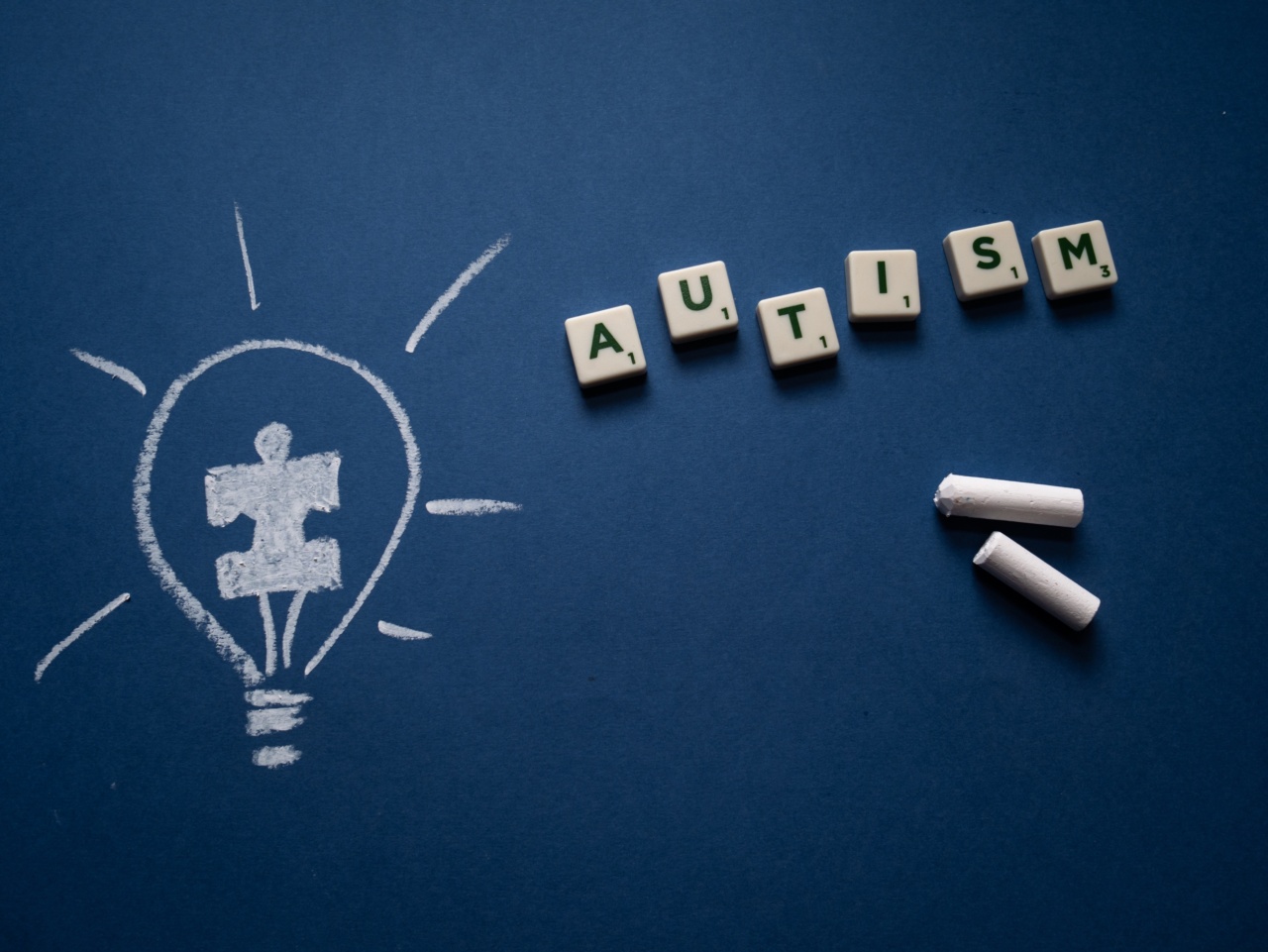In recent years, there has been growing interest in the potential link between parental inflammation and the development of Autism Spectrum Disorder (ASD).
Autism Spectrum Disorder is a neurodevelopmental disorder that affects communication, social interaction, and behavior. While the exact causes of ASD are still not fully understood, researchers have been investigating various factors that may contribute to its onset, including parental inflammation.
This article explores the current evidence surrounding the relationship between parental inflammation and ASD development.
1. What is Autism Spectrum Disorder?
Autism Spectrum Disorder is a complex neurodevelopmental condition characterized by a range of symptoms, behaviors, and challenges. It affects individuals differently, with some experiencing mild symptoms, while others face more severe difficulties.
Common signs of autism include difficulties in social interaction, communication deficits, repetitive behaviors, and sensory sensitivities.
2. The Role of Inflammation in Autism Spectrum Disorder
Inflammation is a vital immune response to protect the body from harmful pathogens or injury. However, when inflammation becomes chronic or occurs in inappropriate contexts, it can have detrimental effects on cellular function and overall health.
Studies have suggested that inflammation may play a role in the development of ASD.
3. Maternal Inflammation During Pregnancy
Research has indicated a possible link between maternal inflammation during pregnancy and the risk of ASD in the offspring.
Maternal infections, such as influenza or certain viral infections, can trigger an inflammatory response in the mother’s body, which may affect fetal brain development. The immune system’s response to infection can lead to the release of pro-inflammatory substances that cross the placenta and potentially influence the developing brain.
4. Paternal Inflammation and Risk of ASD
While much of the research has focused on maternal inflammation, emerging evidence suggests that paternal inflammation may also play a role in ASD development.
Several studies have found associations between various markers of inflammation in fathers and an increased risk of ASD in their children. It is hypothesized that sperm may carry inflammatory markers that could impact fetal brain development, contributing to the risk of ASD.
5. Immune Dysregulation and ASD
ASD has been associated with immune dysregulation, indicating that individuals with autism may have altered immune responses.
Inflammation is closely linked to the immune system, and dysregulation in immune processes could potentially contribute to the development and severity of ASD symptoms. Understanding the connection between immune dysregulation, inflammation, and ASD is an active area of research.
6. Genetics and Inflammatory Pathways
Genetic factors also play a significant role in ASD susceptibility. Studies have identified specific genes and genetic variations associated with both immune dysregulation and ASD.
These genetic variants may affect the inflammatory pathways in the body, contributing to an increased risk of ASD development.
7. Potential Mechanisms
Several mechanisms have been proposed to explain the link between parental inflammation and ASD.
One hypothesis suggests that inflammatory molecules released during maternal or paternal inflammation may directly affect fetal brain development, leading to the characteristic features of ASD. Another possible mechanism involves the altered production of essential molecules necessary for proper neural development.
8. Limitations and Challenges
Although the research exploring the connection between parental inflammation and ASD is promising, several limitations and challenges exist.
Many studies rely on retrospective reports or self-reported measures of inflammation, which may introduce inaccuracies and recall bias. Additionally, ASD is a complex disorder with various genetic and environmental factors at play, making it challenging to pinpoint the precise role of inflammation alone.
9. Future Directions and Implications
The findings surrounding parental inflammation and ASD have significant implications for early interventions and potential preventive strategies.
Further research is needed to establish the causal relationship between parental inflammation and ASD and to identify the underlying mechanisms. Understanding these links could pave the way for the development of targeted interventions and therapies that could mitigate the risk or severity of ASD in susceptible individuals.
10. Conclusion
While the relationship between parental inflammation and Autism Spectrum Disorder is complex and multifaceted, research suggests a potential connection between the two.
Maternal and paternal inflammation during pregnancy may increase the risk of ASD in offspring, potentially through various inflammatory mechanisms. Additionally, immune dysregulation and genetic factors likely contribute to the interplay between inflammation and ASD.
Continued research is necessary to unravel the precise mechanisms underlying these associations and to explore potential therapeutic avenues for individuals with ASD.






























